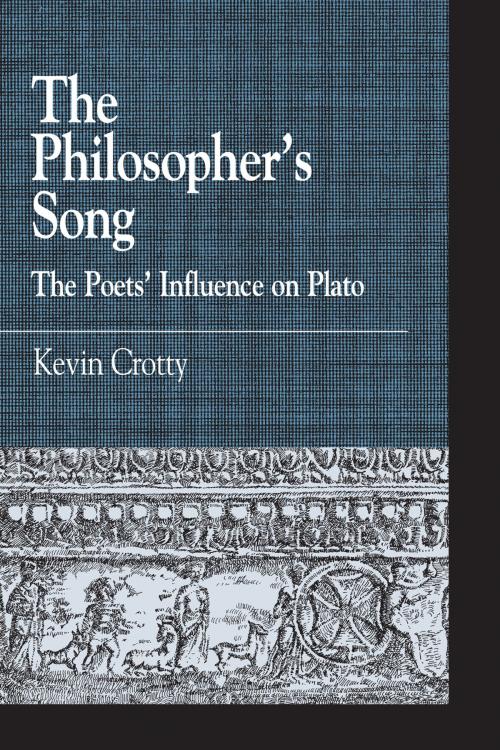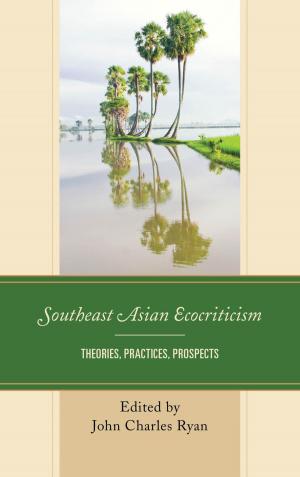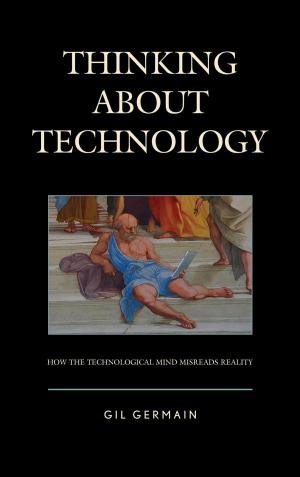The Philosopher's Song
The Poets' Influence on Plato
Fiction & Literature, Literary Theory & Criticism, Ancient & Classical, Nonfiction, Religion & Spirituality, Philosophy, Ancient| Author: | Kevin M. Crotty | ISBN: | 9780739144084 |
| Publisher: | Lexington Books | Publication: | December 29, 2009 |
| Imprint: | Lexington Books | Language: | English |
| Author: | Kevin M. Crotty |
| ISBN: | 9780739144084 |
| Publisher: | Lexington Books |
| Publication: | December 29, 2009 |
| Imprint: | Lexington Books |
| Language: | English |
The Philosopher's Song is a full-length treatment of Plato and the dynamic course of his philosophical thought, regarded from a distinctly poetic point of view. Kevin Crotty demonstrates how Plato's invention of philosophy needs to be situated within the context of a society where poets were cultural authorities, whose teachings emphasized such tragic themes as the instability of things and the indeterminacy of moral terms. The interest of Plato's philosophy lies to a great extent in the compelling interest of what he sought to repress-the poetic and political heritage of a world tragically conceived. Plato's attacks on the poets are notorious. Despite his apparently frank hostility, however, his relation to the poets was exceedingly complex, argues Crotty. Even the banishment of the poets in the Republic turns out to be, more deeply, a recruitment of mimetic poetry for Plato's metaphysics. Once endowed with a metaphysical significance, however, the poets posed a serious challenge to Platonic idealism, and spurred Plato to revise considerably his metaphysical scheme. Crotty ultimately concludes that the views of politics and ethics in Plato's later works return in many ways to the insights of the poets.
The Philosopher's Song is a full-length treatment of Plato and the dynamic course of his philosophical thought, regarded from a distinctly poetic point of view. Kevin Crotty demonstrates how Plato's invention of philosophy needs to be situated within the context of a society where poets were cultural authorities, whose teachings emphasized such tragic themes as the instability of things and the indeterminacy of moral terms. The interest of Plato's philosophy lies to a great extent in the compelling interest of what he sought to repress-the poetic and political heritage of a world tragically conceived. Plato's attacks on the poets are notorious. Despite his apparently frank hostility, however, his relation to the poets was exceedingly complex, argues Crotty. Even the banishment of the poets in the Republic turns out to be, more deeply, a recruitment of mimetic poetry for Plato's metaphysics. Once endowed with a metaphysical significance, however, the poets posed a serious challenge to Platonic idealism, and spurred Plato to revise considerably his metaphysical scheme. Crotty ultimately concludes that the views of politics and ethics in Plato's later works return in many ways to the insights of the poets.















